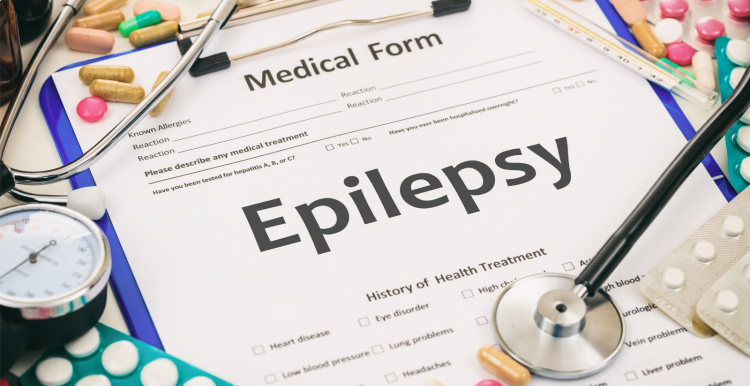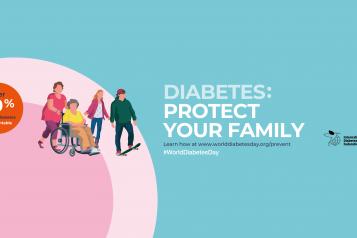Epilepsy is more than seizures

What is epilepsy?
Epilepsy is a condition that affects the brain. When someone has epilepsy, it means they have a tendency to have epileptic seizures.
Anyone can have a one-off seizure, but this doesn’t always mean they have epilepsy.
Epilepsy can start at any age, although it is more common to start either in childhood or in people over 60, and there are many different types. Some types of epilepsy last for a limited time and the person eventually stops having seizures. But for many people epilepsy is a life-long condition.
February 14th marks International Epilepsy Day and we’re raising awareness of epilepsy and helping people understand more about the condition.
What are the symptoms of epilepsy?
Epilepsy can affect people in different ways, depending on which type of epilepsy you have and which part of your brain is involved.
Possible symptoms include:
- uncontrollable jerking and shaking, called a "fit"
- losing awareness and staring blankly into space
- becoming stiff
- strange sensations, such as a "rising" feeling in the tummy, unusual smells or tastes, and a tingling feeling in your arms or legs
- collapsing
Sometimes you might pass out and not remember what happened.
How is it diagnosed and what is the treatment?
There isn’t a single test that you can take to diagnose epilepsy and because your Doctor is unlikely to be with you when you have an epileptic fit, then they are reliant on your account of the seizure. Often a Doctor will want to rule out other conditions first.
Treatment can help most people with epilepsy have fewer seizures or stop having seizures completely.
Treatments include:
- medicines called anti-epileptic drugs – this is the most common treatment
- surgery to remove a small part of the brain that's causing the seizures
- a procedure to put a small electrical device inside the body that can help control seizures
- a special diet (ketogenic diet) that can help control seizures
Some people need treatment for life. But you might be able to stop treatment if your seizures disappear over time.
Do you have epilepsy? Tell us what the support and care has been like for you?
Is there anything that you’d like to see improve in the care and treatment that you receive? Get in touch and tell us your story here
For more information about epilepsy visit Epilepsy Action here


